For so long now,, oral health has been framed around hygiene— make sure to brush twice a day, floss regularly, and use mouthwash. While these practices are important, they overlook a crucial piece of the puzzle: the oral microbiome. Just like your gut, your mouth is home to a complex and dynamic ecosystem of microbes that play a vital role in health—not just for your teeth and gums, but your entire body.
Understanding and supporting your dental microbiome may be the missing link in preventing cavities, gum disease, bad breath, and even chronic inflammation.
The dental microbiome consists of over 700 species of bacteria, fungi, viruses, and archaea that live in the mouth—on the teeth, gums, tongue, cheeks, and even in saliva.
A healthy oral microbiome:
Prevents the overgrowth of pathogenic bacteria (like Streptococcus mutans, the main culprit in cavities)
Maintains oral pH balance
Aids in remineralisation of enamel
Supports immune defences
Acts as the first line of defence for your respiratory and digestive tracts
Dysbiosis—or imbalance in this ecosystem—can lead to:
Dental caries (cavities)
Periodontal disease
Halitosis (bad breath)
Systemic inflammation and higher risk of cardiovascular disease, diabetes, and even Alzheimer’s
Factors That Disrupt the Oral Microbiome
Fluoride and antibacterial mouthwashes (e.g., chlorhexidine)
High-sugar and high-refined carb diets
Frequent snacking and acidic drinks (lower oral pH)
Antibiotics
Smoking and alcohol
Lack of diverse, fibre-rich foods
These disrupt beneficial microbes, reduce microbial diversity, and favor acid-loving pathogens that erode enamel and inflame the gums.
1. Feed the Good Bacteria
Nourish your oral flora with prebiotic-rich foods that support microbial balance:
-
Raw fibrous veggies (celery, carrots, radish)
-
Leafy greens and herbs (spinach, parsley, coriander)
-
Polyphenols from green tea, berries, pomegranate, cacao
-
Cheese and dairy (contain casein and calcium that promote remineralisation)
-
Avoid refined sugar, which fuels harmful species like S. mutans.
2. Introduce Beneficial Bacteria
Oral probiotics can help recolonise the mouth with protective strains:
-
Lozenges or mints containing Streptococcus salivarius K12 or M18
-
Chewable probiotic tablets with Lactobacillus reuteri, L. paracasei, and Bifidobacteria
-
Fermented foods (e.g., kefir, sauerkraut) may help, though most act further downstream
Note: Swishing with probiotic-rich yogurt or kefir is a simple home remedy to expose the mouth to good bacteria.
3. Use Natural Oral Care Products
Switch to microbiome-friendly toothpaste and rinses:
-
Avoid: Sodium lauryl sulfate (SLS), triclosan, peroxide, alcohol-based rinses
-
Look for: Xylitol, hydroxyapatite (instead of fluoride), aloe vera, green tea, neem, essential oils (clove, myrrh, tea tree)
Natural remineralising toothpastes help protect enamel without disrupting microbial balance.
4. Oil Pulling
An ancient Ayurvedic practice, oil pulling involves swishing oil (typically coconut) in the mouth for 10–20 minutes:
-
Binds to lipid membranes of bacteria and pulls them from the oral cavity
-
Shown to reduce plaque, gingivitis, and bad breath
-
Coconut oil also contains lauric acid, which has mild antimicrobial effects
Use in the morning on an empty stomach for best results.
5. Stay Hydrated and Breathe Through Your Nose
Saliva is essential for maintaining a healthy oral environment:
-
It buffers acids, delivers minerals for enamel repair, and carries immune factors
-
Dry mouth (from dehydration, medications, or mouth breathing) favours harmful bacteria
Support saliva by:
-
Drinking water regularly
-
Chewing sugar-free xylitol gum
-
Practicing nasal breathing, especially at night
The Gut-Oral Axis: Why It Goes Both Ways
There’s a strong connection between the oral and gut microbiomes:
-
Poor gut health can influence oral immunity and inflammation
-
Conversely, oral pathogens swallowed daily can impact gut flora and systemic health
Improve your gut-oral axis by :
-
Eating a whole-food, anti-inflammatory diet
-
Reducing sugar, alcohol, and ultra-processed foods
-
Managing stress (which alters salivary pH and immune function)
Activated Charcoal CapsulesA powerful supplement for your health and wellness. Order Now |

|
Frequently Asked Questions
What does Turkey Tail mushroom do for you?
Turkey Tail mushroom supports gut, immune function and is also known for its antioxidant and anti-inflammatory properties. It is a great choice for overall wellness and gut health.
Is Lion's Mane or Turkey Tail better?
They both serve different purposes. Lion's Mane is best known for brain health and cognitive support, while Turkey Tail is prized for immune and gut support. Many people take both for a well-rounded approach to wellbeing.
Who should not take Turkey Tail?
Anyone with mushroom allergies, autoimmune conditions, or who is pregnant or breastfeeding should consult a healthcare provider before taking Turkey Tail. If you're on immunosuppressants or undergoing treatment, always speak to your doctor first.
Is Turkey Tail hard on the liver?
Conversely, Turkey Tail mushrooms seem to protect the liver and improve gut health. There's some evidence that Turkey Tail mushrooms reduce liver inflammation and support its wellness.
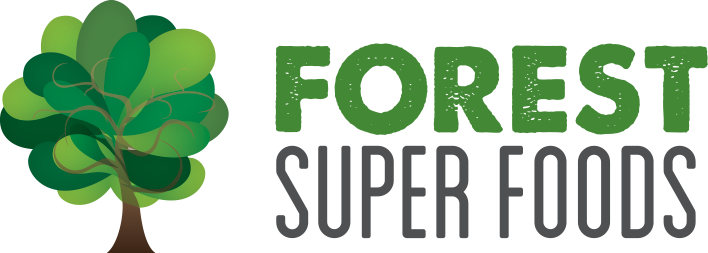

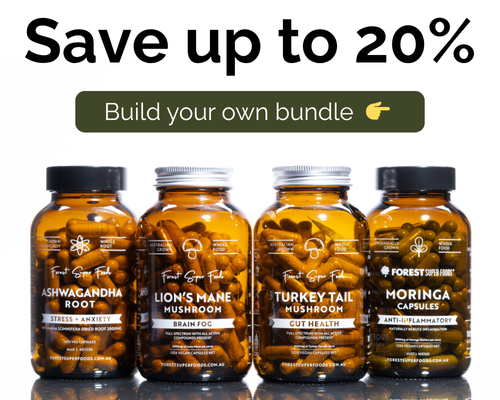


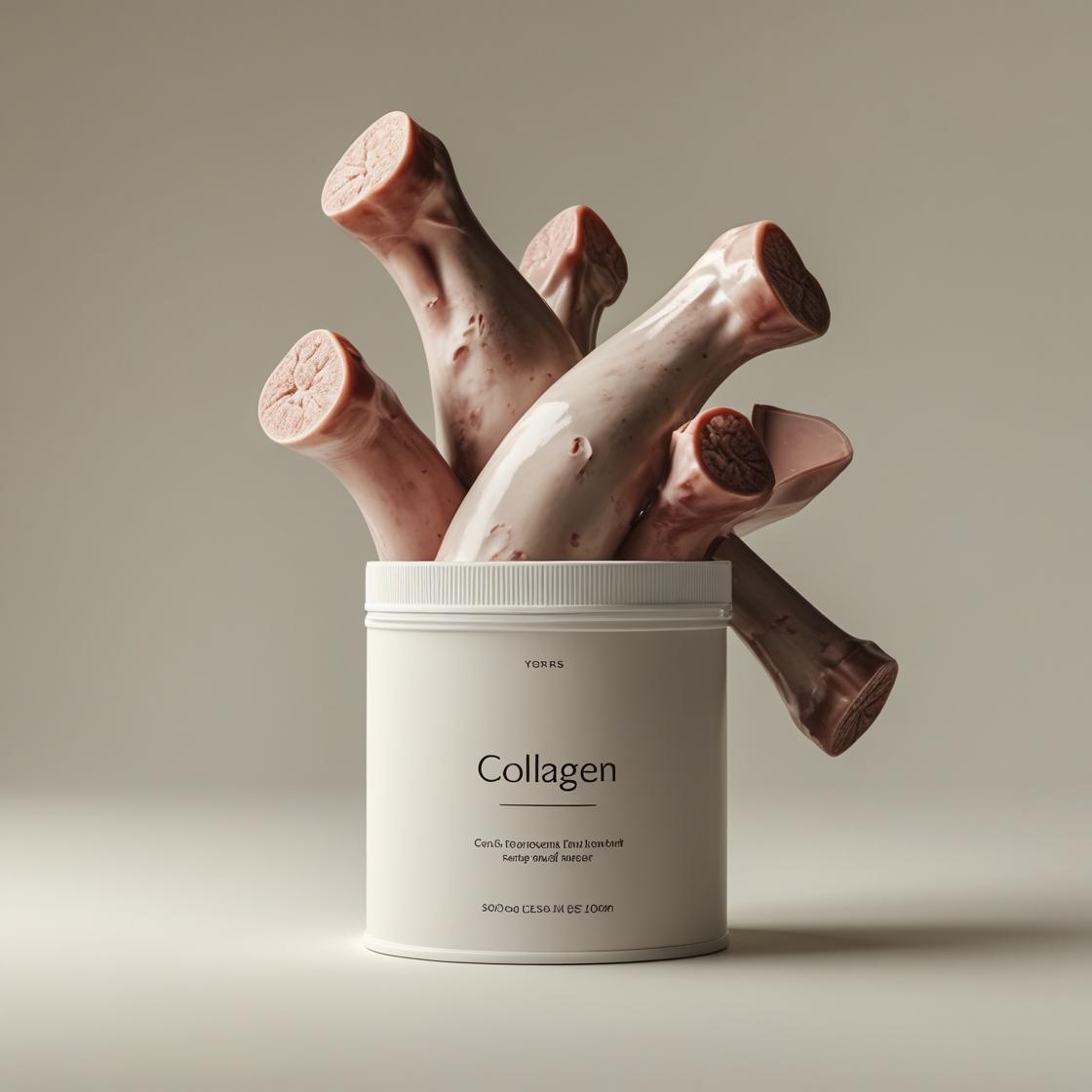
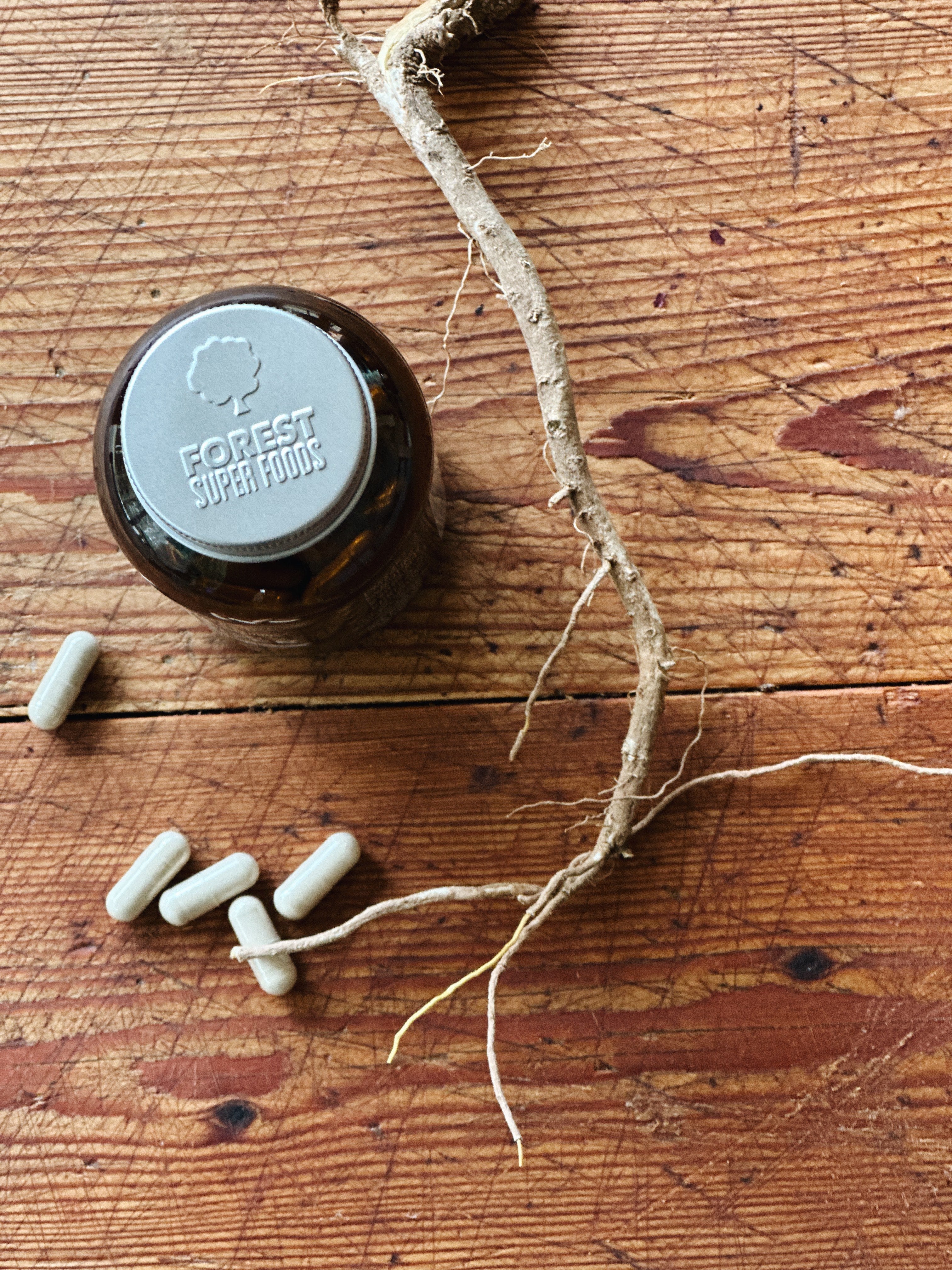
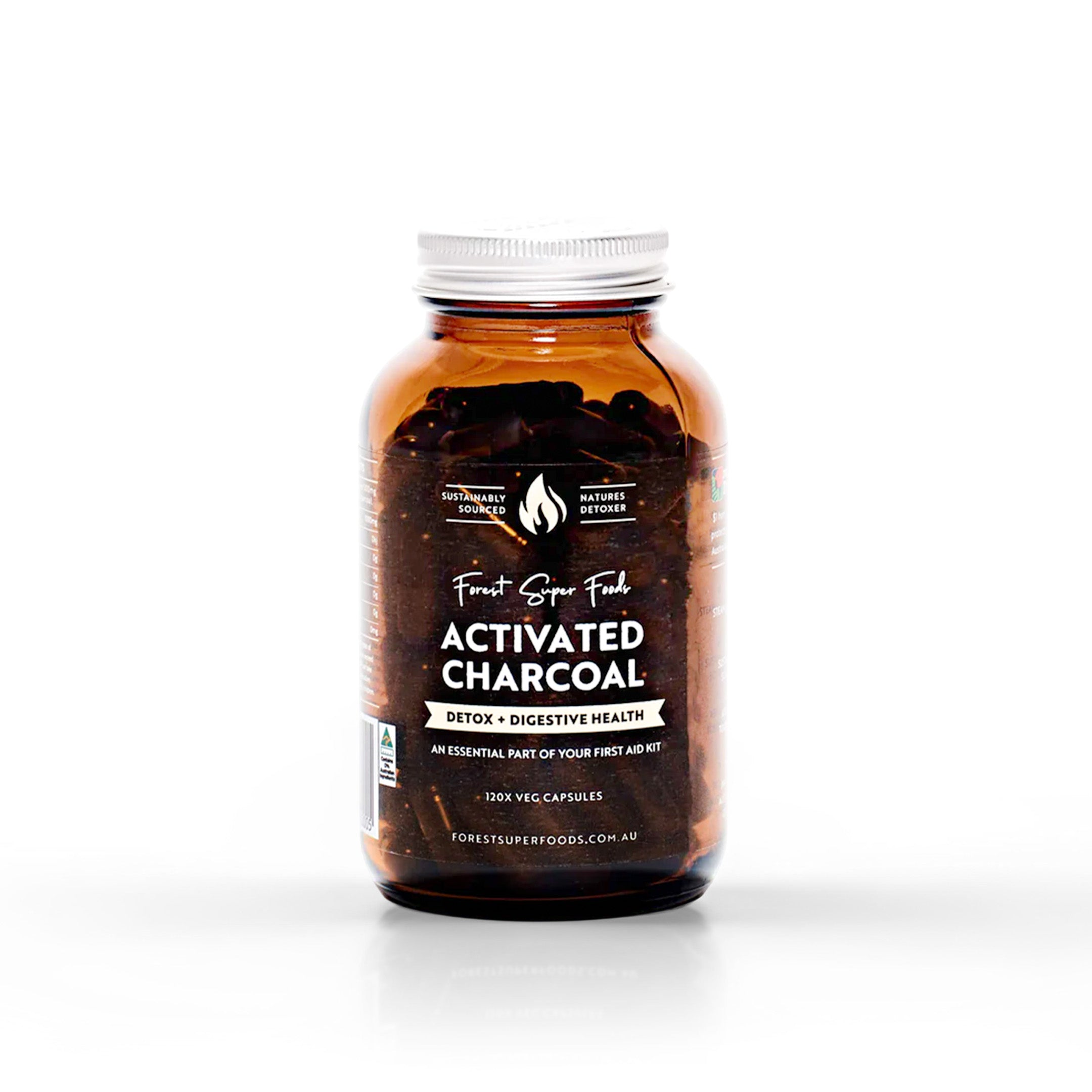
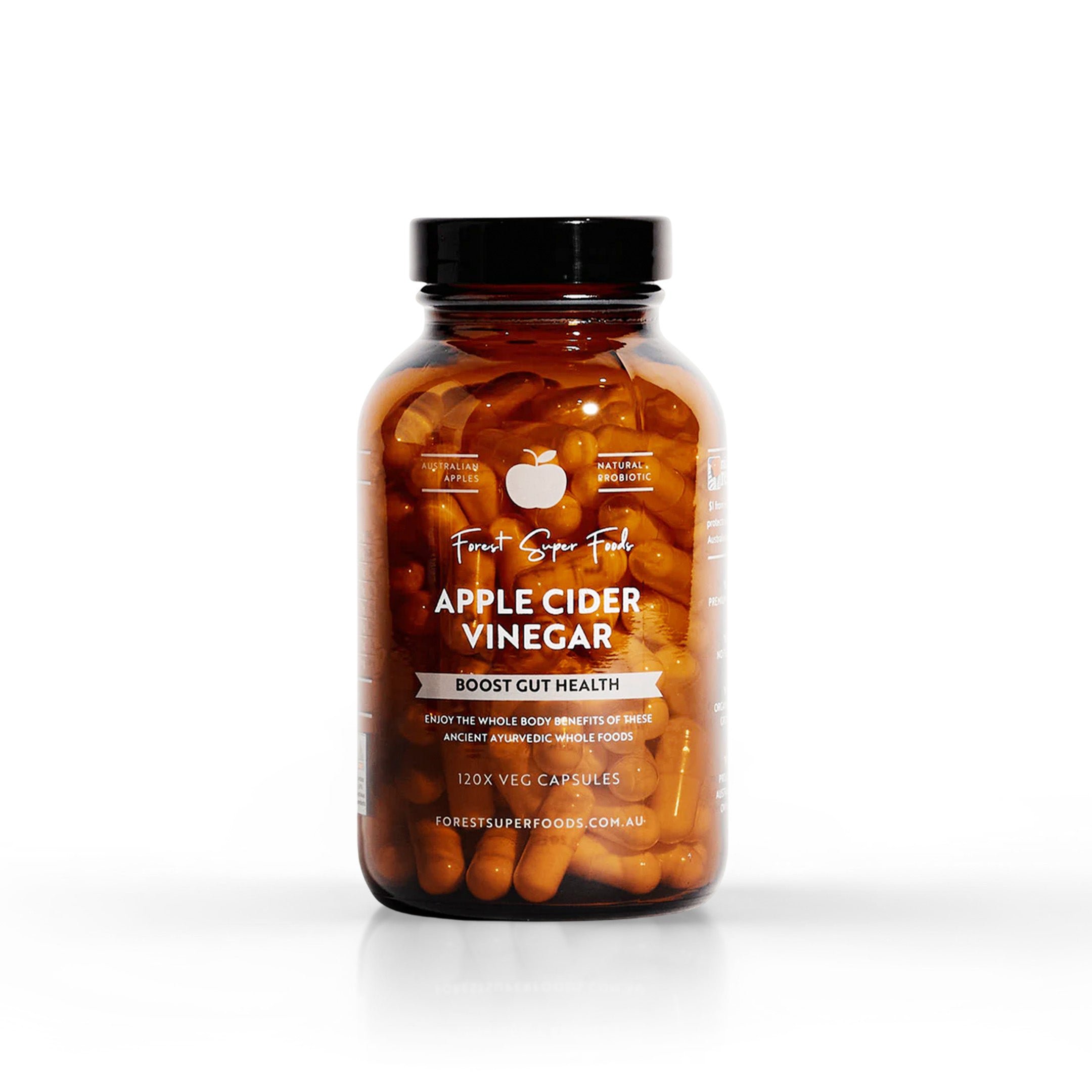
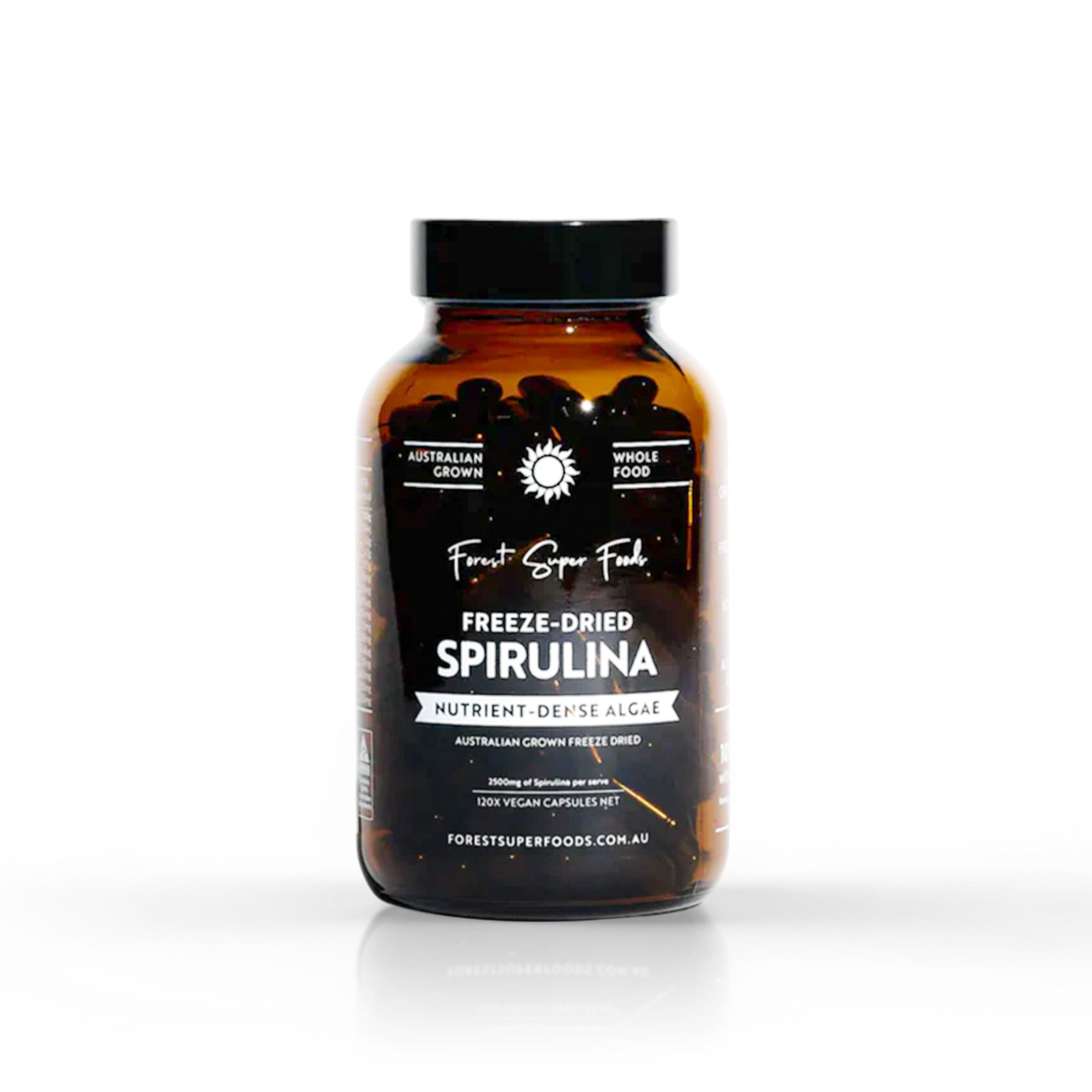
1 comment
Lesley Wright
Thankyou for this article on oral health. I am 75 years old and still have enough teeth to eat well…I love the fact that if I look after them they will continue to look after me.
Leave a comment
All comments are moderated before being published.
This site is protected by hCaptcha and the hCaptcha Privacy Policy and Terms of Service apply.